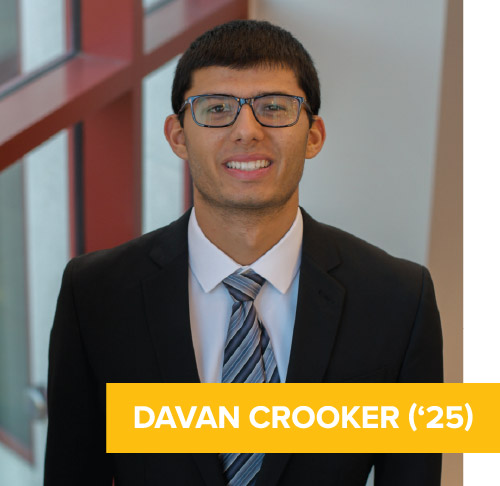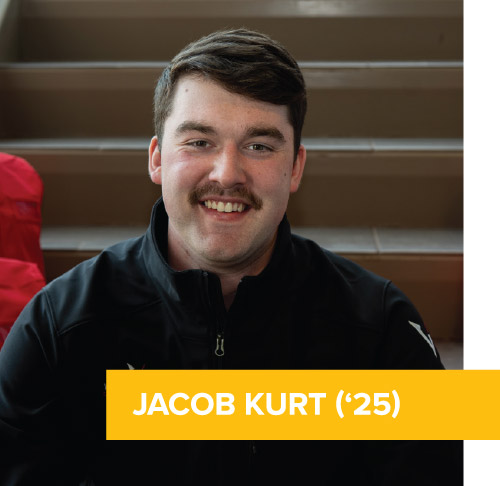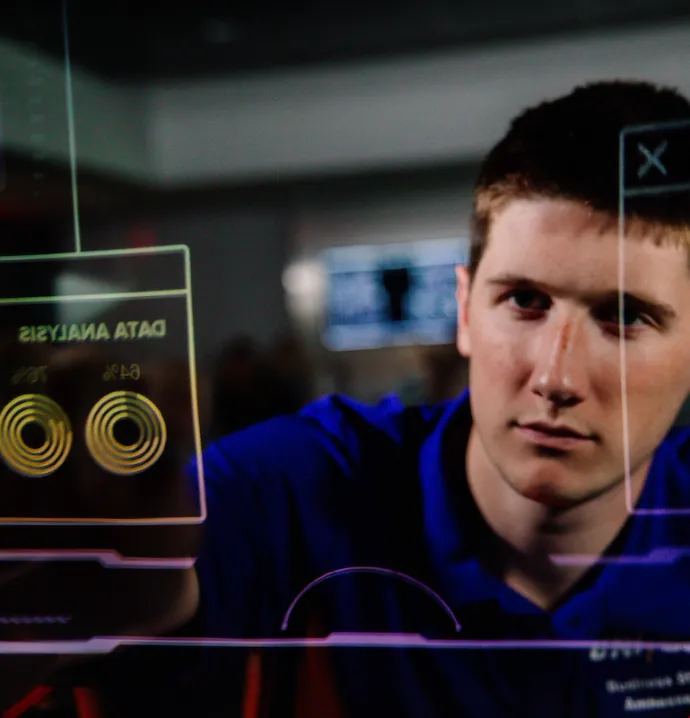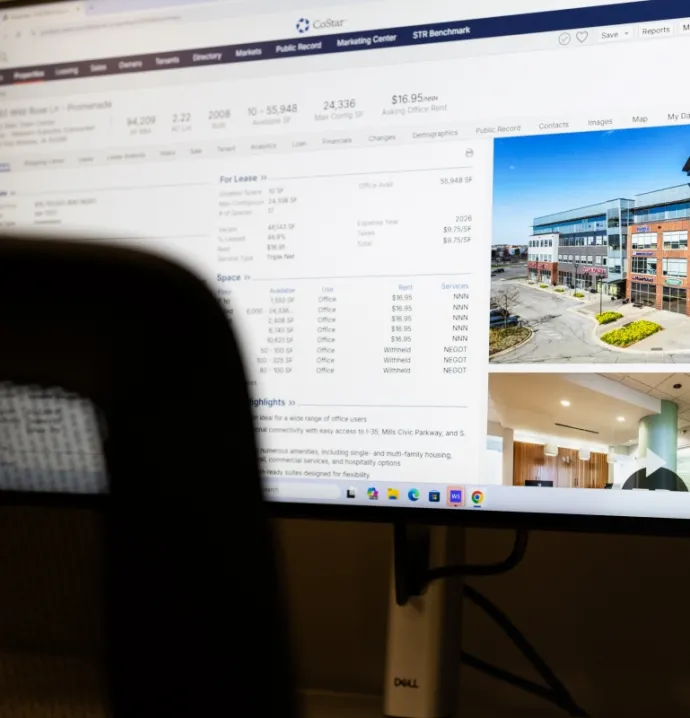Data drives business success for UNI student entrepreneurs
Data drives business success for UNI student entrepreneurs

For the first few years of his landscaping business, Davan Crooker worked only during
the summers in his hometown of West Union. When he came to the University of Northern Iowa, he wanted to expand into the Cedar Valley but wasn’t sure how to analyze or understand the market.
That’s where the UNI John Pappajohn Entrepreneurial Center (JPEC) stepped in to help.
JPEC staff assisted Crooker with performing online competitive research and obtaining quotes from other local landscaping businesses to help him home in on his target market. He discovered that his ideal customer was more than 30 years old, in their second or third home and owned a relatively large lot. He also learned that he was undercharging by as much as one-third — so he significantly increased his rates to align with the market. To reach more customers, Crooker relied on word-of-mouth referrals, speculating that customers willing to invest in landscaping valued quality reviews from their peers.
The changes yielded almost immediate benefits — Crooker reported that half his business that year came from the Cedar Valley, a significant achievement for his first year in the market.
“The JPEC’s help has been life-changing,” Crooker said.
Crooker’s story is not unique. The UNI JPEC takes pride in helping student entrepreneurs engage in customer discovery using data-driven insights. With a hands-on approach, the JPEC supports students in gathering and analyzing data, understanding customer needs, evaluating market sizes and creating financial projections.

Jacob Kurt had a similar experience. He owns Viva Solutions LLC, which provides CPR training through the American Red Cross and American Heart Association. Kurt used public records data to identify how many departments at UNI required CPR training as a prerequisite for graduation.
One such department is speech-language pathology. Kurt reached out to faculty and students via email, and he is now working with several of them on training sessions.
“With that public records data, we’ve seen success in targeting and gaining customers,” Kurt said. “I know that if you’re a speech-language pathologist, you are required to have this training. That leads to a much higher success rate than sending out cold emails.”
The JPEC also helped Kurt understand the importance of customer experience. As a result, he created an anonymous feedback form that he sends out after every session, tracking everything from the energy of the session to teaching strategies to room conditions.
Kurt discovered that trainees weren’t interested in spending long periods watching videos, so he incorporated breaks to keep energy levels high. He also made small changes, like bringing fresh,
hot coffee and asking trainees about their purpose for taking the course. This allowed Kurt to
personalize his teaching approach.
“I know customers value an environment that fosters learning,” Kurt said. “When I lead a class, I bring tissues, hand sanitizer, coffee — anything I know will create a good learning experience.”
Want to learn more? Visit jpec.uni.edu for additional information.




